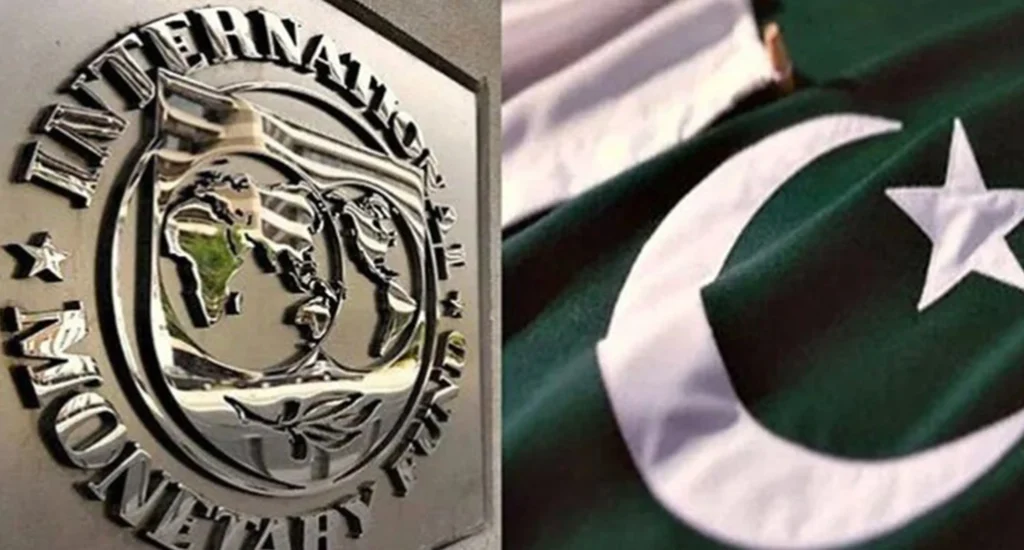IMF Rejects Wealth Tax, Approves Digital Services Tax
- Abeera Marium Siddiqui
- June 4, 2025
- 3:21 pm
- 42
- Business

In the ongoing talks between the government and the International Monetary Fund (IMF), Pakistan tax reforms continue to evolve with significant shifts in direction. The IMF has rejected Pakistan’s plan to impose a capital value tax (CVT) on moveable assets like cash and gold. It has also turned down a controversial proposal to apply a 5% federal excise duty (FED) on one-day-old chicks.
However, the IMF has approved a new digital services tax expected to generate Rs10 billion in revenue. This move aligns with the fund’s push for a broader and more sustainable tax base.
In contrast to wealth-based taxes, the IMF emphasized income-based taxation. It has backed a proposal to reduce income tax rates for middle-income earners — those earning below Rs500,000 per month. This provides some relief to salaried individuals already burdened by inflation. The IMF, however, did not accept Pakistan’s proposal to increase the tax exemption threshold to Rs1.2 million. It also refused to lower the top-tier tax rate of 35% or remove the 10% surcharge on monthly incomes above Rs500,000.
The Pakistan tax reforms package includes other proposals as well. The Federal Board of Revenue (FBR) aims to increase the tax on dividend income from mutual funds — raising it from 15% to 20%. Similarly, the withholding tax on interest income may also rise from 15% to 20%. These changes aim to boost government revenue without introducing blanket taxes on assets.
The IMF also disapproved of sector-specific taxes that do not broaden the overall tax net. The rejection of the tax on one-day-old chicks was a clear example. The proposal stemmed from a single tax case involving one poultry company. Yet, the FBR tried to apply it across the board, without any detailed sector analysis. The IMF saw this as poor policymaking that targeted an essential food source without any wider benefit.
In another attempt to raise funds, the FBR suggested taxing processed foods like chips and biscuits. Under this proposal, a 5% excise duty would apply. When combined with existing sales and withholding taxes, the total tax burden on processed foods could hit 29%.
Despite Prime Minister Shehbaz Sharif’s reservations, the IMF is pressing for higher taxes on agriculture inputs. It supports doubling the FED on fertilizers to 10% and adding a 5% duty on pesticides. These steps, while unpopular, are seen as necessary for revenue generation across all sectors.
The IMF has tentatively approved a Rs1.186 trillion subsidy allowance in the federal budget. Of this, Rs1.036 trillion will go to the power sector. Meanwhile, the proposed development budget includes Rs873 billion for the federal government and Rs2.1 trillion for provincial governments. These figures are lower than initial demands but have been shaped under IMF guidance.
The total revenue target for 2025-26 stands at Rs17.1 trillion — Rs14.130 trillion from taxes and Rs4 trillion from non-tax sources. The IMF has locked these numbers with the FBR. It also capped total spending by federal and provincial governments at Rs25 trillion.
As Pakistan tax reforms take shape, the IMF’s stance remains firm. It supports taxes that are broad-based, growth-friendly, and fairly distributed — while pushing back against quick fixes and poorly thought-out sector-specific levies.
President Asif Ali Zardari has scheduled the National Assembly session for June 10, where Finance Minister Muhammad Aurangzeb will present the budget. The Economic Survey of Pakistan is expected on June 9, during the third day of Eid.



